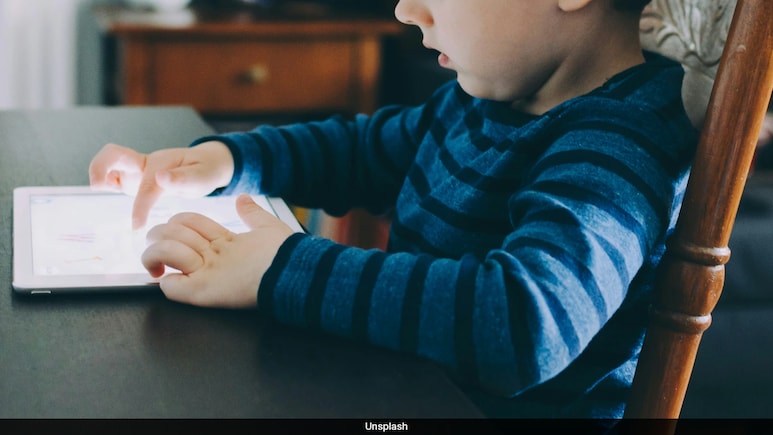
Long before the smartphone era, television through cartoons, movies, and music was a primary source of entertainment for children. Even then, screen time was often blamed for promoting inactivity. Now, with smartphones in nearly every child's hand, the impact has intensified, and researchers in Canada warn that excessive screen use could also be affecting academic performance.
A new study reveals that the more screen time children have at a young age, the lower their reading and maths scores tend to be when they reach school age.
The study involved over 5,000 Canadian children between 2008 and 2023, including 3,322 children in grade 3 (aged eight to nine) and 2,084 children in grade 6 (aged 11 to 12).
Parents provided information about their children's screen time (TV and digital media time and video gaming time) during early childhood. Researchers then compared this data with the children's performance on standardised tests conducted by the Education Quality and Accountability Office, focusing on reading and maths in grade 3 and maths in grade 6.
The study, published in JAMA Network Open, found that each additional hour of daily screen time in young children was linked to a 9% lower chance of achieving higher academic grades. Among older children, it was associated with a 10% decrease in the likelihood of scoring higher in maths.
While test scores in reading and maths were negatively affected, screen time seemed to have little effect on children's writing skills.
According to the authors of the study, early interventions to reduce screen time exposure should be developed and tested to promote healthy screen use habits and enhance academic achievement in elementary school.
Track Latest News Live on NDTV.com and get news updates from India and around the world

